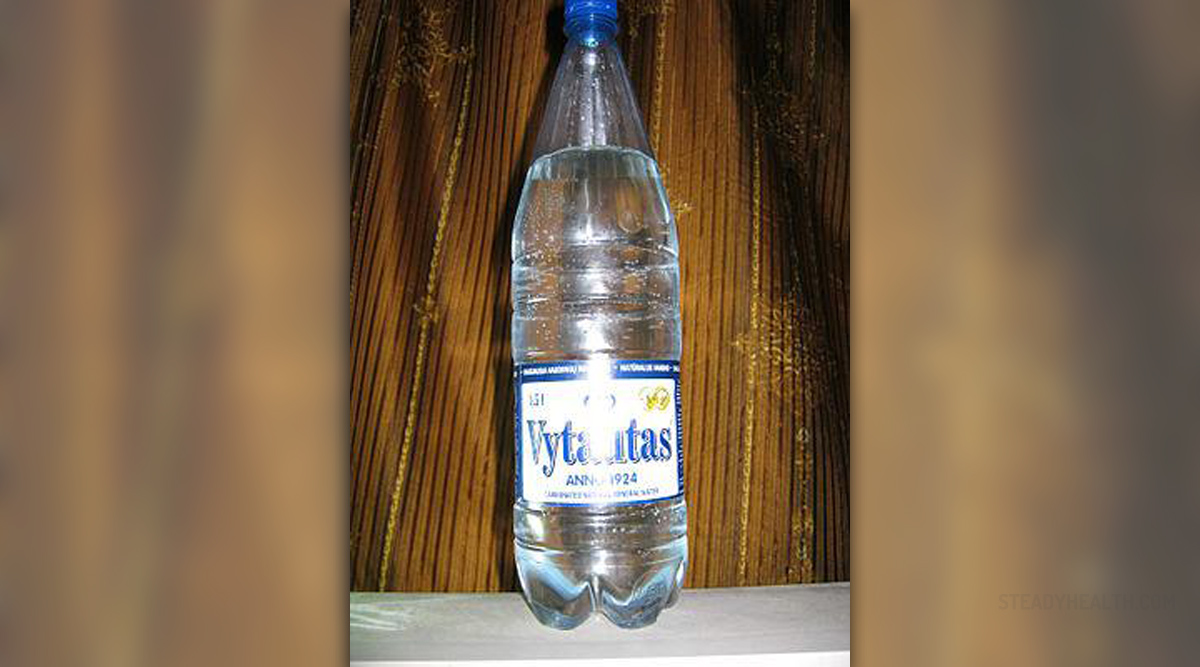Introduction
There has been much talk lately about the importance of drinking plenty of water. There are thousands of articles in the papers and online, written both by experts and laymen, saying that, healthy or sick, a person should drink no less than eight tall glasses of water per day. This may not necessarily be true, as several recent studies have shown, and it particularly may not be true when it comes to flu.
The idea of the “eight glasses” rule actually does not make a lot of sense. The amount of water a person needs depends on many factors, such as the climate, lifestyle, whether a person is physically active, whether he or she spends a lot of time outdoors, on the diet, on the amount of other beverages consumed throughout the day and, of course, whether he or she is physically healthy or not.
Water and Flu Prevention
When it comes to flu, the amount of water a person drinks for prevention of flu and for battling the flu virus should is not the same. When a person drinks a lot of water, the cells absorb it and become bloated. This is called osmosis. Too much water, especially if a person drinks water exclusively, causes the fluids surrounding the cells to become watery and basically diluted, and the fluid inside the cells is more concentrated.
This triggers osmosis, where the fluids from the outside to flow inside, where the concentration is higher, restoring the fluid concentration balance. When the cells become bloated, they expand and tiny openings appear in them. The purpose of these openings is to allow the nutrients in and the toxins out and it is a perfectly normal and desired function. However, if the openings become larger, due to bloating, they may allow unwanted substances and agents in, such as viruses. When a virus reaches a cell, it activates itself and starts multiplying. A virus on its own is useless and “dead” until it reaches a cell. Multiplied viruses spread and cause an infection.
It is clear now that too much water can actually increase the risk of coming down with flu.
Water During Flu
When a person has flu, the body suffers in many ways. It has to battle the virus and kill it or expel it, and it has to work harder than usual. In that process, a lot of toxins are released. Those toxins need to be flushed out of the system, and drinking plenty of water is the best way to make it happen. In addition, fever is a common symptom of flu.
- Frequent gargling with water may help reduce episodes of upper respiratory tract infection, but evidence is limited to a single study.
- The well-designed RCT involved 387 adults randomly assigned to gargling with water, gargling with a diluted povidone–iodine solution or usual care (control).
- Gargling with the povidone–iodine solution had no effect, whereas gargling with water was effective in reducing the risk of an upper respiratory tract infection (30.1% v. 40.8% in the control group; p = 0.044), for a number needed to treat of 10.
- The degree of gargling required was considerable (20 mL for 15 seconds repeated three times, performed three times daily).
- The best evidence for traditional treatments supports the use of acetaminophen and nonsteroidal anti-inflammatory drugs (for pain and fever) and possibly antihistamine–decongestant combinations and intranasal ipratropium. Ibuprofen appears to be superior to acetaminophen for the treatment of fever in children.
- The best evidence for nontraditional treatments of the common cold supports the use of oral zinc supplements in adults and honey at bedtime for cough in children over one year.
Fever means increased body temperature and the body reacts to it by releasing more sweat to cool the body down. Through sweating, a person can actually lose a lot of precious fluids and if they are not restored, it can cause dehydration, which is a serious and potentially dangerous condition.
It is therefore safe to say that, while it is not a good idea to drink too much water in flu prevention, plenty of fluids are important when the illness actually occurs.


















Your thoughts on this
Loading...